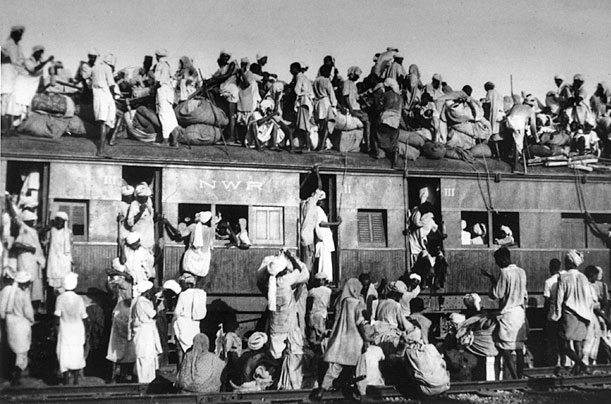Asylum Seeking in India
An asylum seeker is a person who fled from their country (endangered) but is not accepted yet as a refugee. Refugees and asylum seekers are different.
United Nations High Commissioner for Refugees (UNHCR) maintains statistics and asylum seeking laws in South Asia which also covers India, Sri-Lanka and Nepal. These 3 countries are giving considerable space for asylum seekers from neighborhood. As per stats from UNHCR there are 200383 refugees in India and among them only 5381 are asylum seekers. (as on June 2015 data)
Asylum Definition
Protection or safety, especially that given by a government to people who have been forced to leave their own countries for their safety or because of war. [1]
Reference 1 – Cambridge Dictionary
Asylum Seeking Offer:
When it comes to apply asylum seeking in India is offering to considerable number of refugees however they are not the signatories of the 1951 Refugee convention.
Asylum Legislation & RSD:
India is with the help of government, NGOs and other stakeholders try to assist and find durable solutions for refugees. There is a considerable increase in number of people seeking asylum in India. India does not have national asylum legislation; UNHCR conducts registration of refugees and also give Refugee Status Determination (RSD).
In India foreigners are generally deals with
- The Registration of Foreigners Act, 1939
- The Foreigners Act, 1946
- The Foreigners Order, 1948
Asylum Seekers Limitation:
These legislations generally governed the foreigners within the territory of India. Article 2 of the Registration of Foreigners Act, 1939 defines the foreigner “A person who is not a citizen of India”.
The other two legislations also used the same definition of foreigners. Both the Act and the order grant the Indian government to do following things.
- Power to restrict the movement of foreigners.
- Compulsory medical examinations.
- Limit employment opportunities.
- Control the ability to refoule and “return” refugees.
The refugee convention however bars all these actions. [2]
Reference 2 – www.ipcs.org
Refugee Rights & Privileges:
Indian government provides certain rights and privileges to the refugee but these are only conferred to certain groups.
Tamil Refugee:
Like in the case of the “ assassination of Rajiv Gandhi in 1991, Tamil refugees were encouraged to enter India even the Sri Lankan Tamil refugees are taken as refugees depending upon which party is in power in Tamil Nadu.
Tibetan Refugee:
The Tibetan refugee community was granted land to set up educational institution and other socially useful programmes, apart from the permission to set up a government in exile. [3]
Reference 3 – Lama, n 15, pp 36-37
Refugee Challenges:
There are further certain challenges faced by the refugees when seeking for asylum in India.
- Sustainable livelihood.
- Reliable community support networks.
- Access to specialized services for disorder people.
Asylum Seeking Problems:
UNHCR is trying to counter these problems and tries to fill the gaps in terms of protection. Poverty is the main problem for asylum seekers in India. Due to this they face discrimination from local communities and the society.
Asylum Seeking Support in India:
Indian government is trying to do betterment for asylum seekers who are about to claim refugee identification. India is supporting asylum seekers in many ways.
- Improve situation for refugees faced in India.
- Betterment of women, children, and elderly.
- Survivors of sexual and gender based violence
- Those with special needs.
Also considering adopting national refugee framework and accession to International refugee instruments. [4]
Reference 4 – www.unhcr.org/pages/49e4876d6.html
Asylum Seeking Process India:
UNHCR with the Indian Government will continue to build the positive understanding related to international refugees.
They both will further review the opportunities to
- Incrementally provide direct refugee protection.
- Share biometric data.
- Run regular training sessions on RSD processes.
- Inclusion vulnerable refugees in government social welfare scheme.
The office will continue to expand its outreach to the Indian public and engage more prominently with new civil actors, in order to increase refugee access to urban support mechanisms. [5]
Reference 5 – www.unhcr.org/pages/49e4876d6.html
 Serato DJ Crack 2025Serato DJ PRO Crack
Serato DJ Crack 2025Serato DJ PRO Crack









 Allow notifications
Allow notifications


